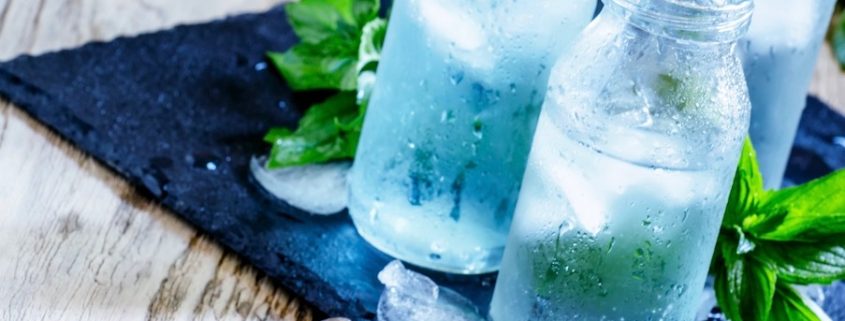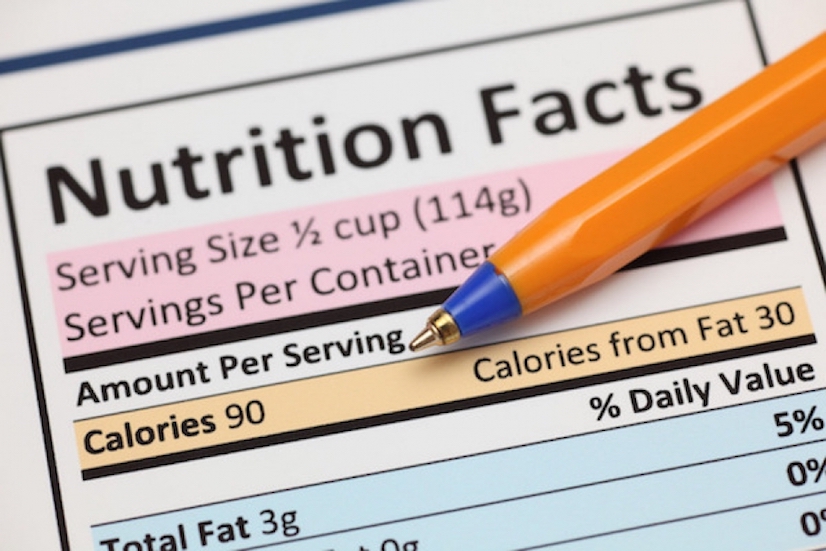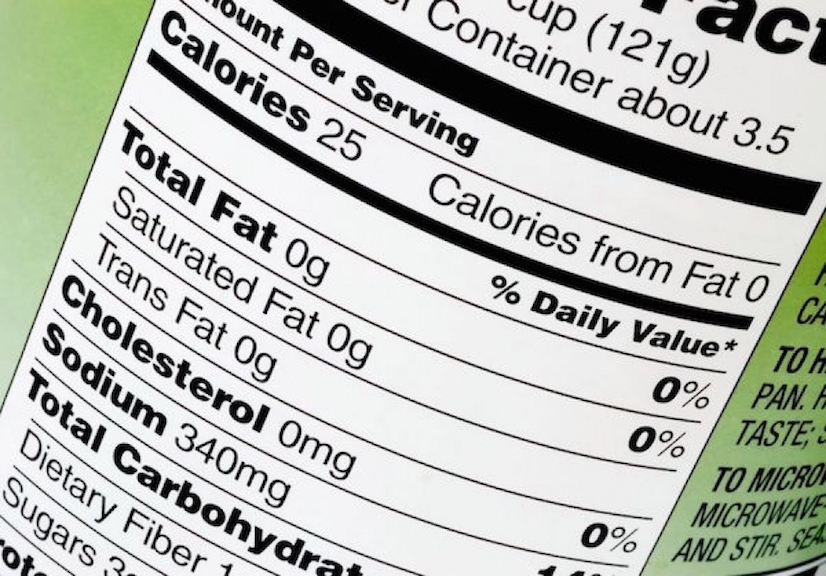Water is perhaps the most overlooked yet most essential nutrient in a healthy, balanced diet, as nearly every cell, tissue and organ system depends on it. While water doesn’t supply the body with energy in the form of calories, the body’s actual need for it far outweighs that of any calorie-containing food. In fact, you can survive for over a month without eating food but only 3-5 days without drinking water.
Related Article: Estimating Your Metabolic Rate and Daily Calorie Needs
To truly appreciate the importance of water for life, you should first have a basic understanding of its general functions in the body.
In and of itself, water makes up about 40-60% of total body weight. As a major constituent of blood, water supports the transport of oxygen, nutrients, electrolytes and hormones as well as the removal of wastes through circulation. It also plays a key role in regulating body temperature, functions as a lubricant for joints, helps to prevent eye, nose and mouth dryness, and supports healthy digestive, liver and kidney function.
Related Article: Three Totally Nontraditional Ways to Boost Your Metabolism
Despite its many functions, a significant amount of water is lost each day through urine, bowel movements and sweat, amongst other things. However, by regulating thirst and controlling urine output the body is able to continuously replenish these losses and maintain a delicate water balance. When this balance is not sufficiently maintained (more water is lost than taken in) the body is put in a state of dehydration.
As little as three days of prolonged dehydration can dramatically compromise cell, tissue and organ function throughout the body and weaken the immune system’s ability to ward of illness and disease. Extreme cases of dehydration can even lead to early death.
This is why it’s so important to maintain adequate hydration levels on a day-to-day basis.
On the average, the body requires about 8-12 eight-ounce cups of water each day in order to function properly. But, certain circumstances may necessitate increased water consumption. For instance, people who regularly exercise should take in an extra 2-3 cups to compensate for water lost in the form of sweat. In addition, those carrying excess weight (over 300 pounds) may need to consume as much as 16 cups a day.
Related Article: A Great Way To Spice Up Your Water
Unbeknownst to many, ALL liquids count towards your daily water intake. This includes alcohol and caffeinated beverages like coffee, tea, soda and energy drinks. However, I caution you to drink such beverages in moderation. I say this because excessive intake of alcohol and caffeine can increase the rate at which you urinate and this inherently promotes dehydration.
Related Article: Simple Ways to Enjoy Alcohol Without Gaining Weight
I personally love my coffee but, as an added precaution, I typically drink at least 16 ounces of water with every 8-ounce cup.
In addition to beverages, water is also naturally present in most foods, especially plant-based carbohydrates like vegetables and fruits. So, if you regularly consume large amounts of plant-based foods, you may find yourself drinking less water. This is perfectly fine. But, I must emphasize that signs of thirst and hunger are very similar and confusing the two can easily lead to overeating and, ultimately, weight gain.
When you feel hungry, especially between meals, I recommend drinking a full glass of water before you eat. You just may be more thirsty than hungry.
Now, hopefully I’ve provided you with some valuable insights about the importance of water for overall good health. To keep yourself from becoming dehydrated, ensure you’re hydrating adequately by maintaining a diet that’s properly balanced with liquids and plant-based foods. In general, if you are rarely thirsty and regularly producing urine that’s pale yellow in color, your water intake and hydration levels are more than likely adequate.







